RECENT WORKS
- Research project
- Consultancies

iMERMAID
iMERMAID is an EU-funded project that will develop, deploy and demonstrate advanced, innovative and reproducible solutions to prevent, monitor, and remedy toxic and persistent chemical pollution in the Mediterranean Sea basin.
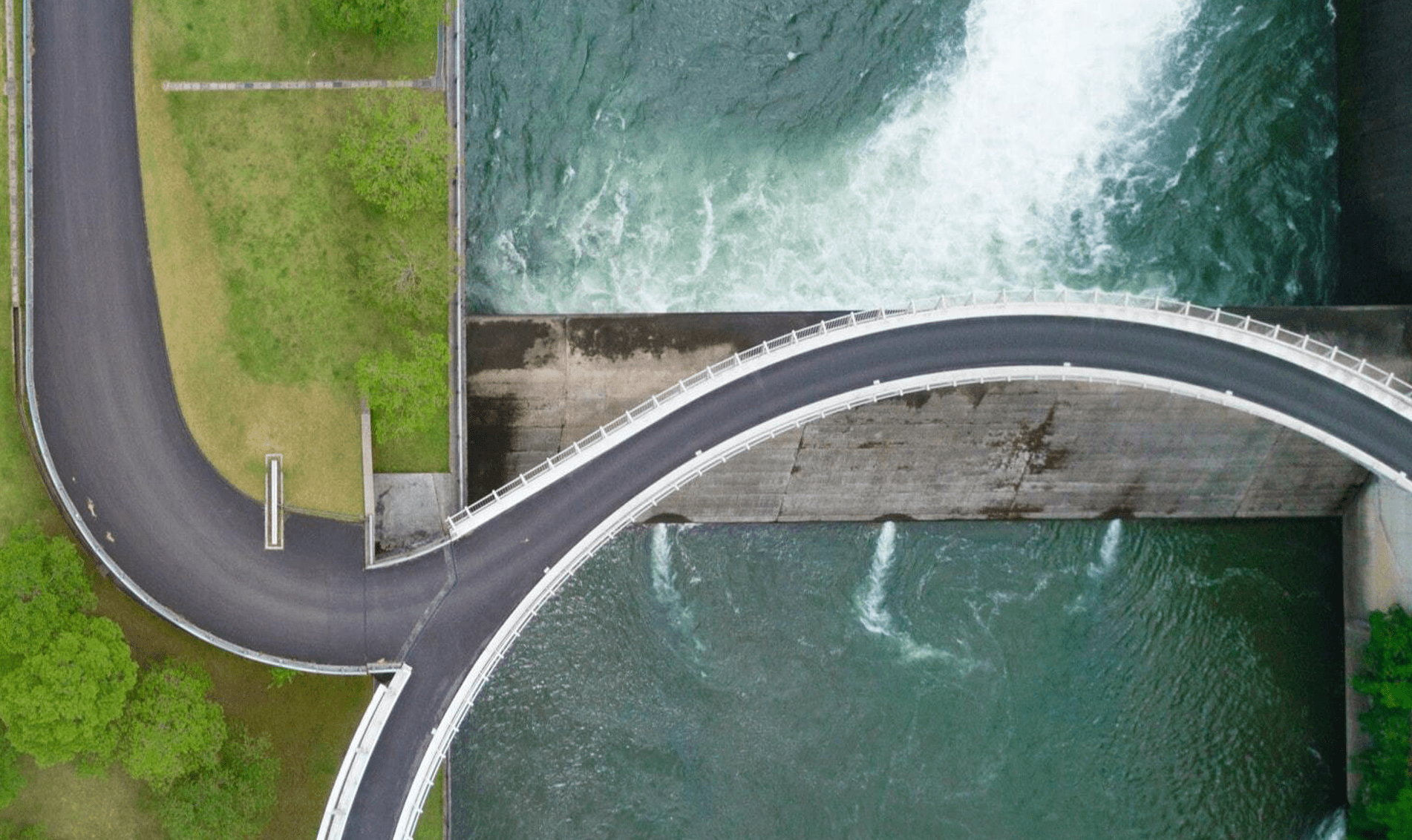
Project Ô
Demonstration of planning and technology tools for a circular, integrated and symbiotic use of water. The project has been funded by Horizon 2020 programme.
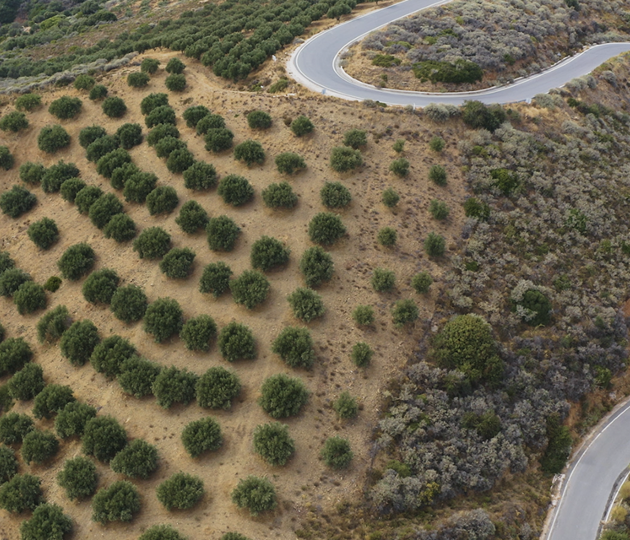
REACT4MED
REACT4MED aims to enhance Sustainable Land and Water Management to support increased agropastoral productivity, accelerate technological innovation and dissemination, reverse land degradation, and improve the livelihoods of Mediterranean communities. Our role: design a scientific based decision support toolbox, LanDS, targeted to support out and up-scaling of best land restoration practices. This project is funded by the PRIMA-MED Foundation.
WORKs ARCHIVE
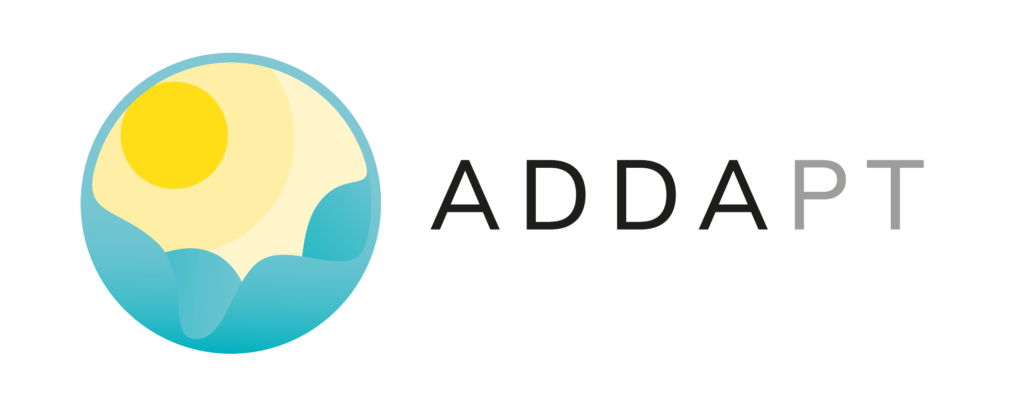
ADDAPT
Optimal water management strategies identification for Adda River Basin and Como Lake under future climate change scenarios.
- 2020-2022
- Website
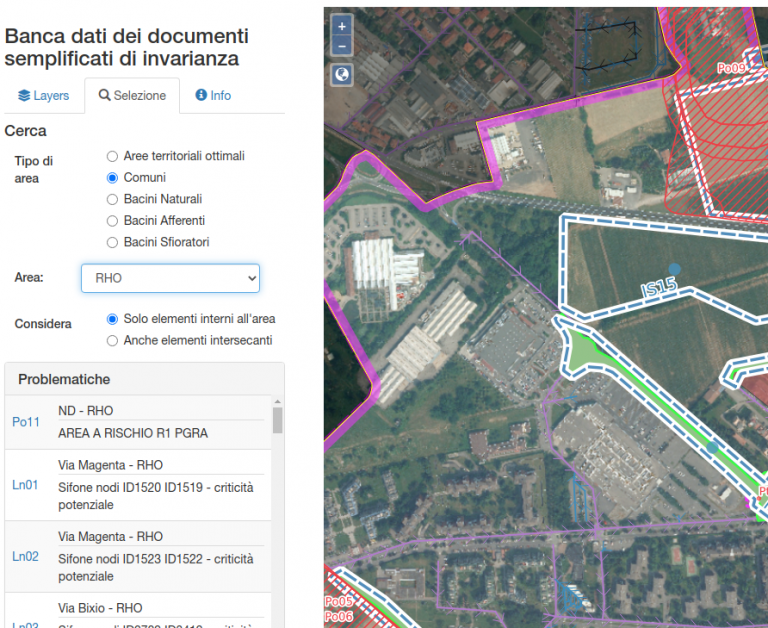
SIRIC
- 2019 - 2020
- Geodatabase, Web platform, Hydraulic risk management
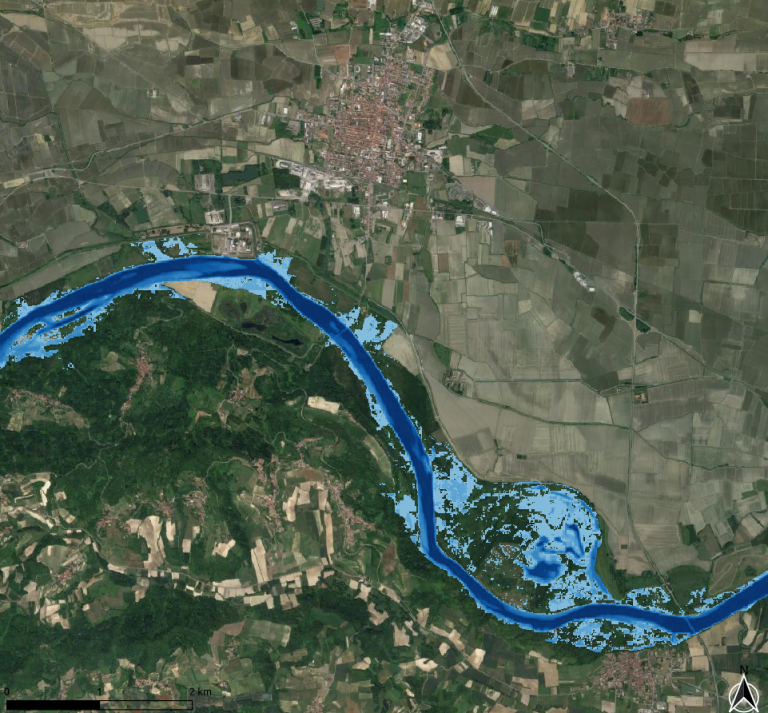
IRIS
IRIS aims at developing tools for monitoring medium-large river systems from remote sensing to support the implementation of the European Water Framework (WFD) and the European Floods Directive (FD).
Unmanned Aircraft Systems (UASs, also called drones) and traditional field techniques (e.g. RTK-GPS) are used to survey local river features, e.g., topography, sediment size, vegetation, morphological habitats.
These data is then used as ground truth to test what can be detected at large scale from the recent Sentinel satellites from the Copernicus program The objective is to provide prototypal tools and guidelines for an integrate, multi-scale framework for monitoring medium-large river systems fusing most recent advances in remote sensing from satellites, to low-cost UASs and smart sensors.
- 2017 - 2020
- geomorphology, Satellite and drone data
- Website
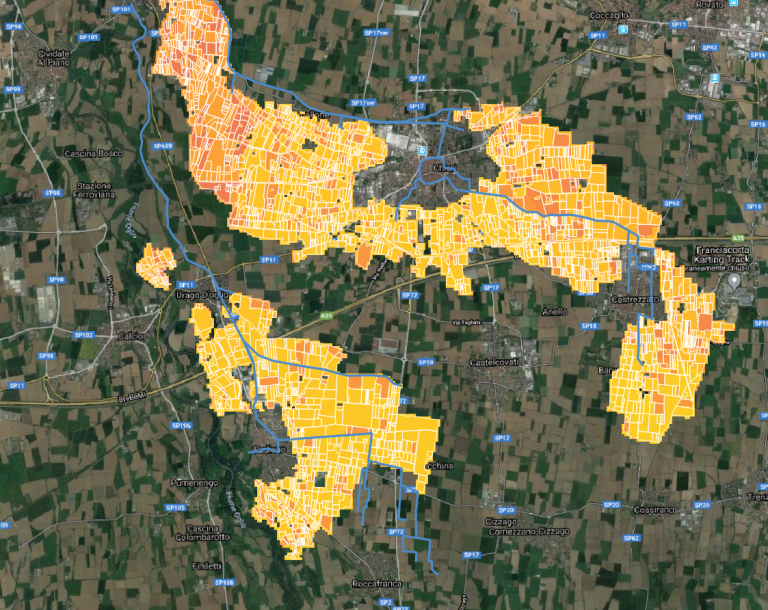
IGRAPS
SoftWater developed a web platform to estimate the water balance at irrigation district scale and support for the efficient management of water distribution. IGRASP platform integrates a web Geographic Information System (webGIS), IDRAGRA, a distributed mathematical model that simulates the entire cycle of the wate, an time series database and a visual analytic dashboard to support irrigation district managers and enhance data-driven decision making.
This platform has been tested on some districts feeded by Oglio river.
- 2018
- Water balance, distributed models
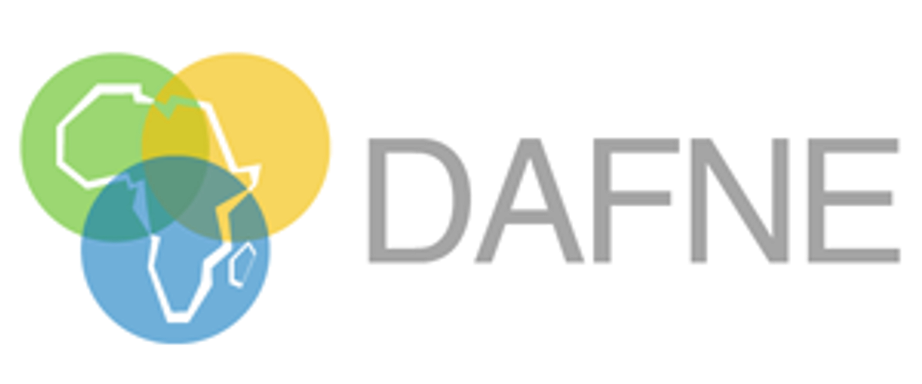
DAFNE
DAFNE advocates an integrated and adaptive water resources planning and management approach that explicitly addresses the water-energy-food (WEF) nexus from a novel participatory and multidisciplinary perspective.
A decision-analytic-framework (DAF) has been developed to quantitatively assess the social, economic, and environmental impact of expanding energy and food production. Results have been deployed in two pilot case studies in rapidly growing African regions, the Zambezi and the Omo Rivers basins.
- 2016 - 2020
- Water Energy Food nexus
- Website
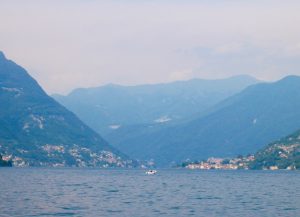
SO-WATCH
SO-WATCH aims at developing and testing a novel decision-analytic framework to assist decision-makers in designing and assessing alternative soft-path measures for improving the overall water productivity at the river basin scale.
SO-WATCH combined distributed and participatory management, coordination mechanisms, low-cost and reversible infrastructural interventions, and smart economics to increase the flexibility of water management practices under current and projected hydro-climatic and socio-techno-economic conditions. The framework has been developed for the Lake Como river basin, Italy.
- 2016 - 2019
- Soft pathways
- Website
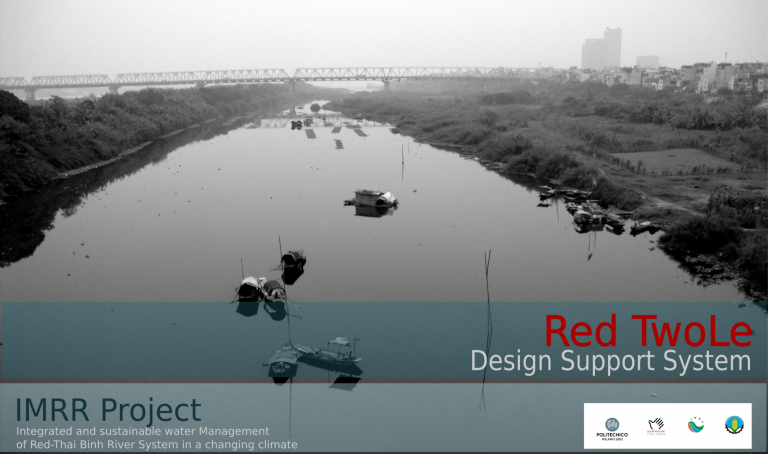
IMRR
The goal of the IMRR project is to improve water management practice in the Red-Thai Binh Rivers system with the purpose of meeting Vietnamese society’s long-term needs for water resources while maintaining essential ecological services and improving the economic benefits from hydropower production and agriculture.
Specifically, the project goals are: to improve the efficiency, effectiveness and environmental sustainability of water management in the basin through advanced modelling tools and supporting stakeholders dialogue, coordination and negotiations; to enhance capacity in water governance by favoring experience-sharing and the transfer of expertise, methodologies and tools to Viet Nam.
- 2012 - 2016
- Climate change, integrated modelling
- Website
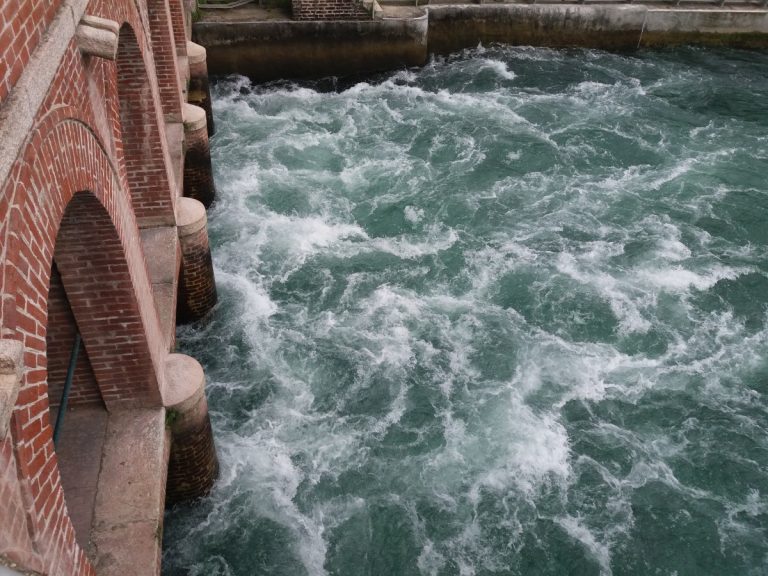
VerbaCe
The main objective of the project is to evaluate negotiated water regulation policies of the Verbano and Ceresio system, in order to improve the satisfaction of the stakeholders and the quality of the ecosystem. Various intervention actions were taken into consideration to identify shared policies for the regulation of the two lakes. These policies have been assessed both against the historical statistical distribution of inflows and possible inflow scenarios resulting from climate change. The evaluations of these interventions were considered: the effects induced in the riverside municipalities of the two lakes, both Swiss and Italian; other effects induced on the Ticino emissary, in particular on the values of the flows of lean and full; the application of the minimum vital outflow; the possible effects on aquatic ecosystems dependent on water regulation.
- 2010 - 2014
- Optimizing water resources, participatory planning
- Website
